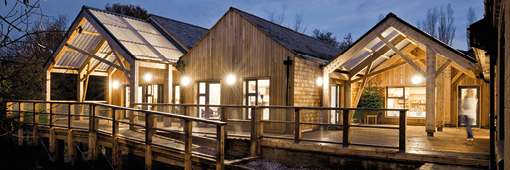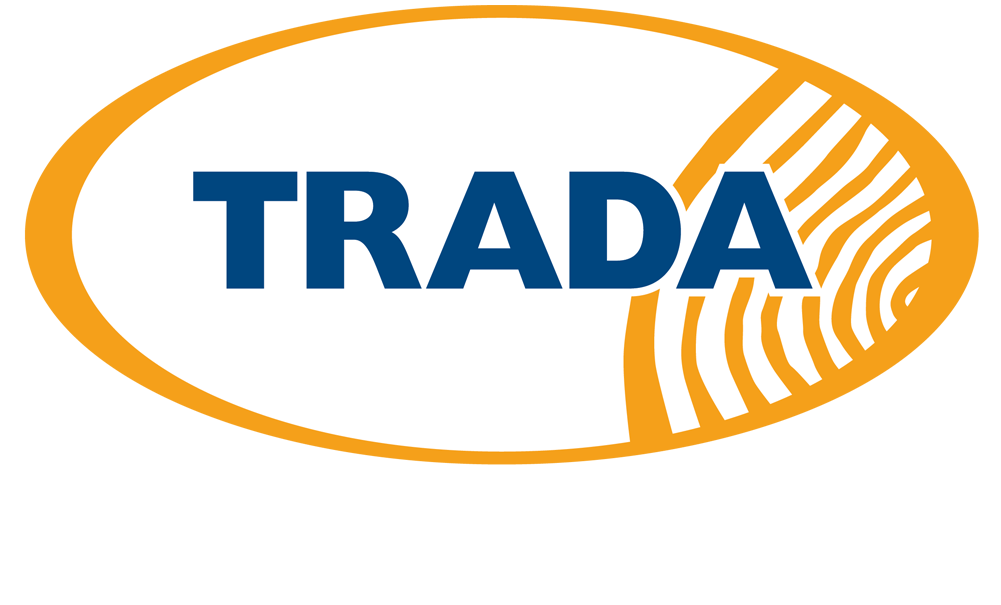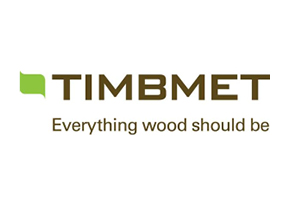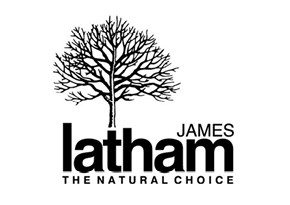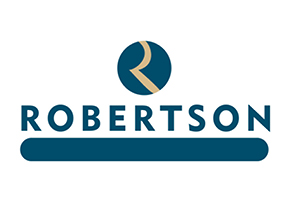26 February 2017
Modified woods WIS revised to reflect rise in products

The growth of thermally modified wood products and the inherent dimensional stability that the modification process can provide are just two of the significant additions to TRADA’s revised Wood Information Sheet Modified Wood Products.
The range of modified wood products available has increased with every published version of the Modified Wood Products WIS – and this version is no exception. The table on what products are commercially available on the market – and by what modification type – has been extended to include newcomers such as Vastern Timber’s Brimstone (former TTJ Innovation Award winner) and Lunawood.
One of the key benefits of modification is improved dimensional stability and modified woods typically attain a ‘small’ movement classification. The movement properties of a timber will influence both its total shrinkage and swelling when exposed to fluctuating environmental conditions, as well as the risk of distortion.
Comparative tests have been conducted using a number of modified woods against commonly used softwoods. These tests set out to establish the comparative swelling or shrinkage of modified woods when exposed to high and low humidity, and to investigate the relative risk of distortion when wetted.
The tables in the WIS have been revised to show more recent test results, including the dimensional stability that modification can provide. Each of the three modification classes is represented by several products and their durability against fungi, various insects and general performance is rated.
Meanwhile, more information has been added on thermal modification and the relevant products on offer. The market for thermally modified woods has seen a number of new manufacturers enter the market in recent years. There are several brands that exist globally that are currently not commercially available in the UK; many of these are set up to use homegrown timbers for distribution within their local regions, but some may be intermittently sold in the UK.
All thermal modification processes involve the controlled heating of wood in an atmosphere with reduced oxygen content, or protected by steam, or under oil. In all thermal modification processes, wood is heated to temperatures of 160°C to 230°C for several hours to several days – sometimes it is a multi-stage process. Thermal modification permanently alters the chemistry of a number of wood polymers resulting in improvements to durability and stability, aesthetic changes and a change in mechanical properties.
- Members can download a copy of the WIS Modified Wood Products.
- If you are not a member, WIS are available to purchase online in PDF and hardcopy at the Bookshop.
- View our full list of Wood Information sheets.
